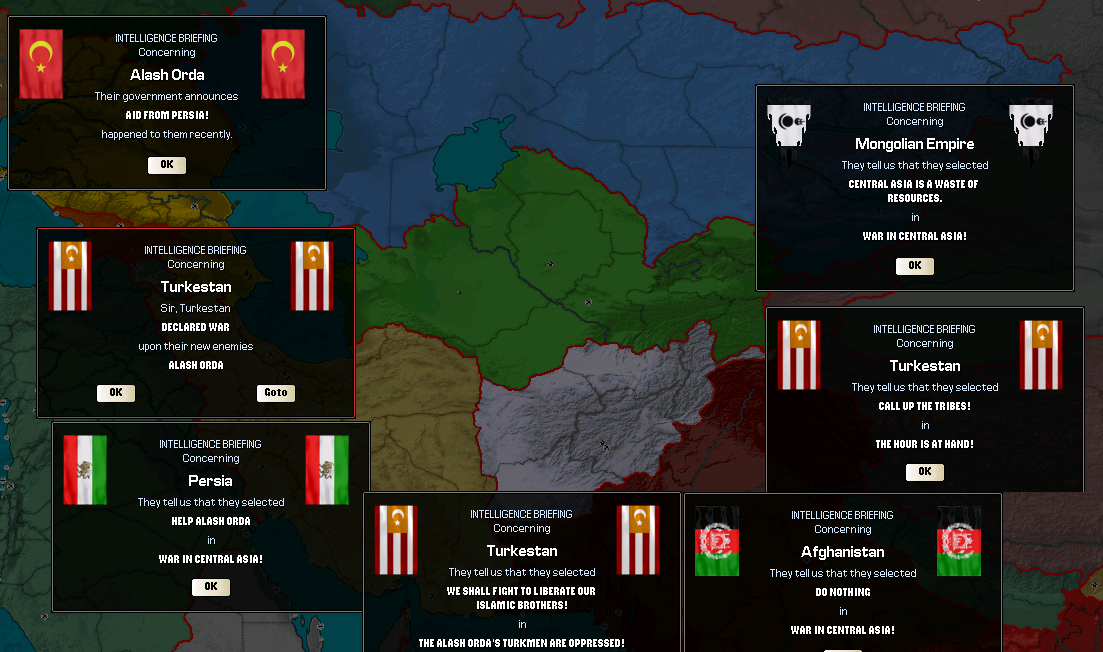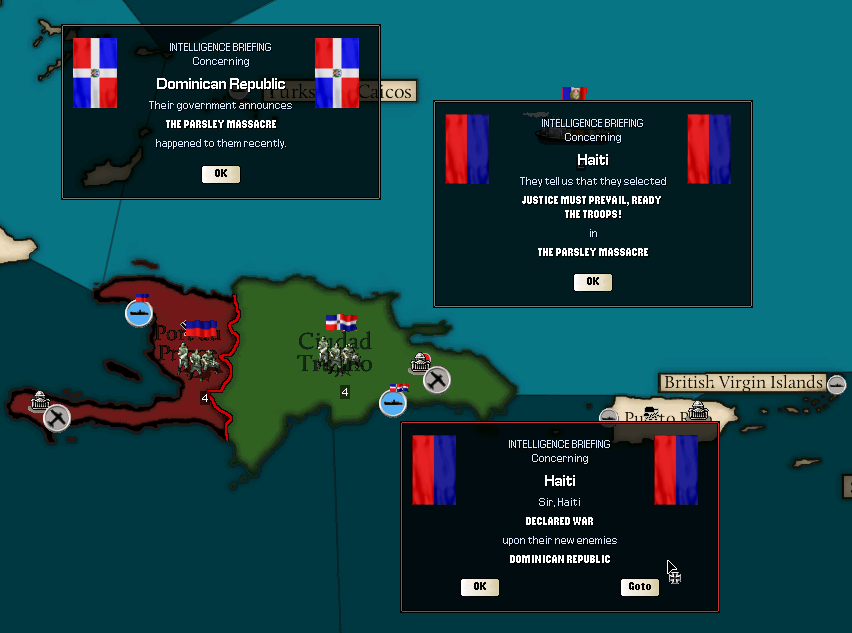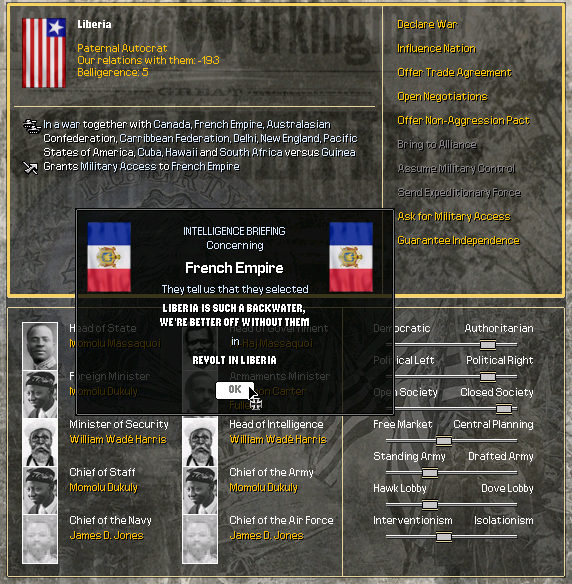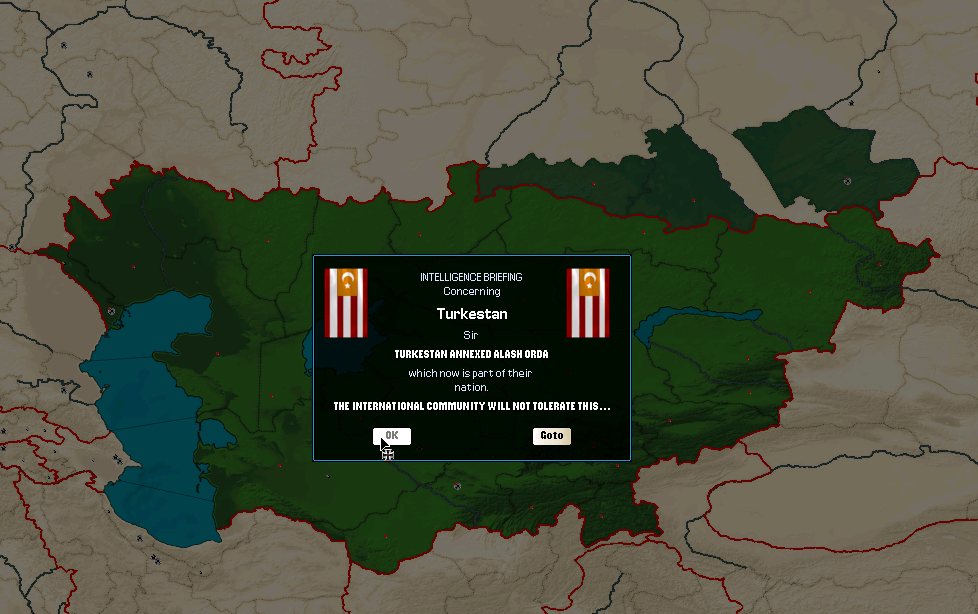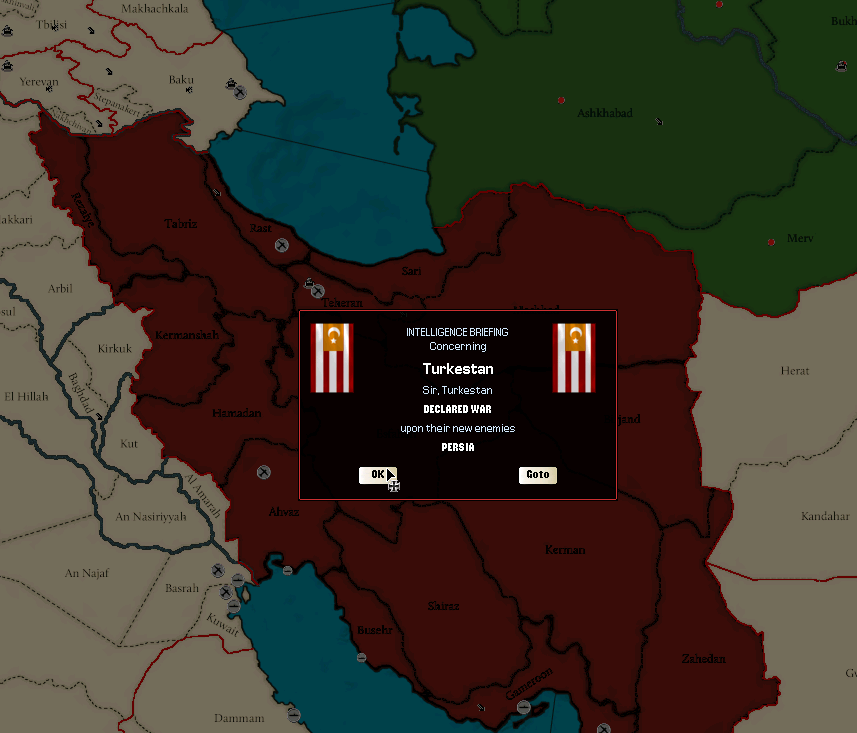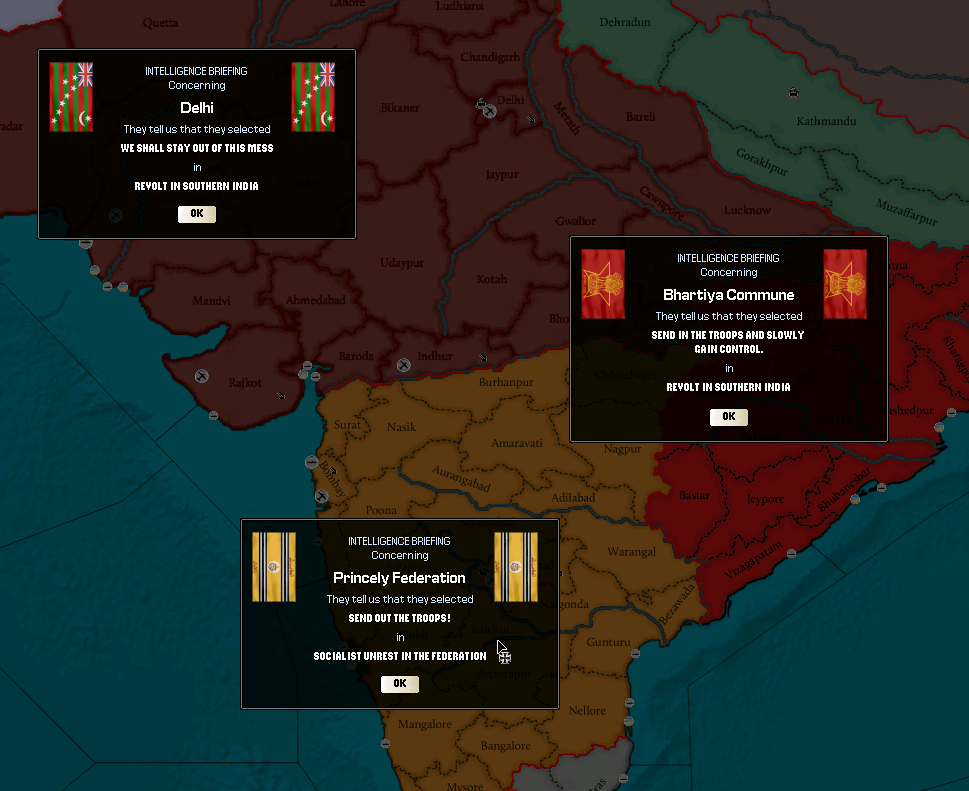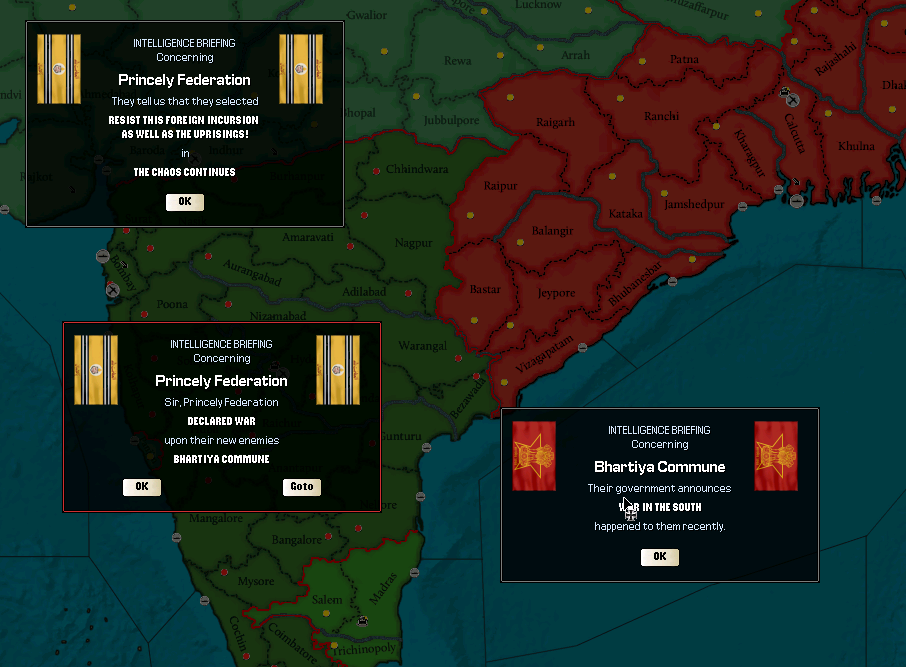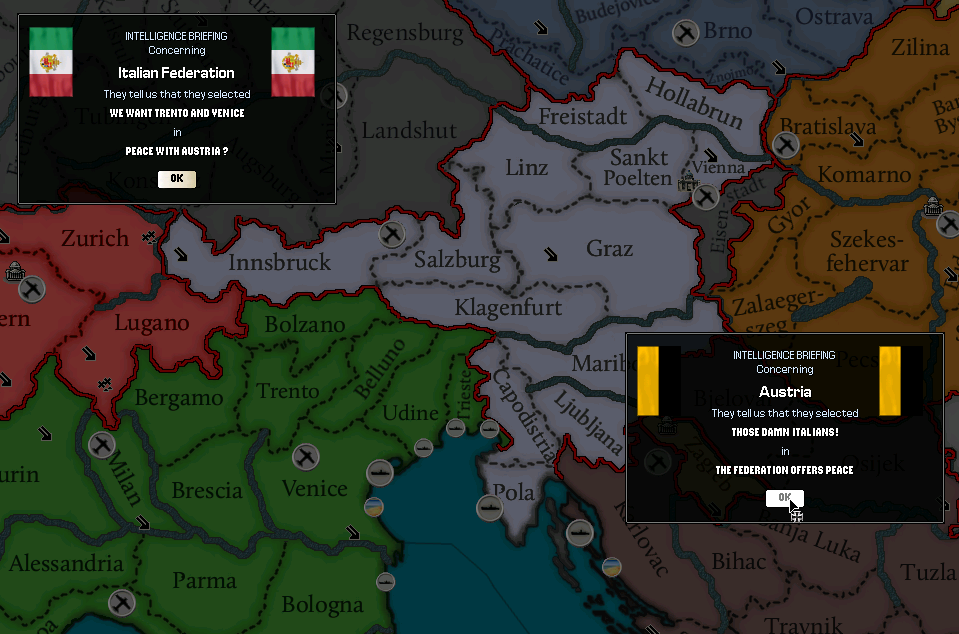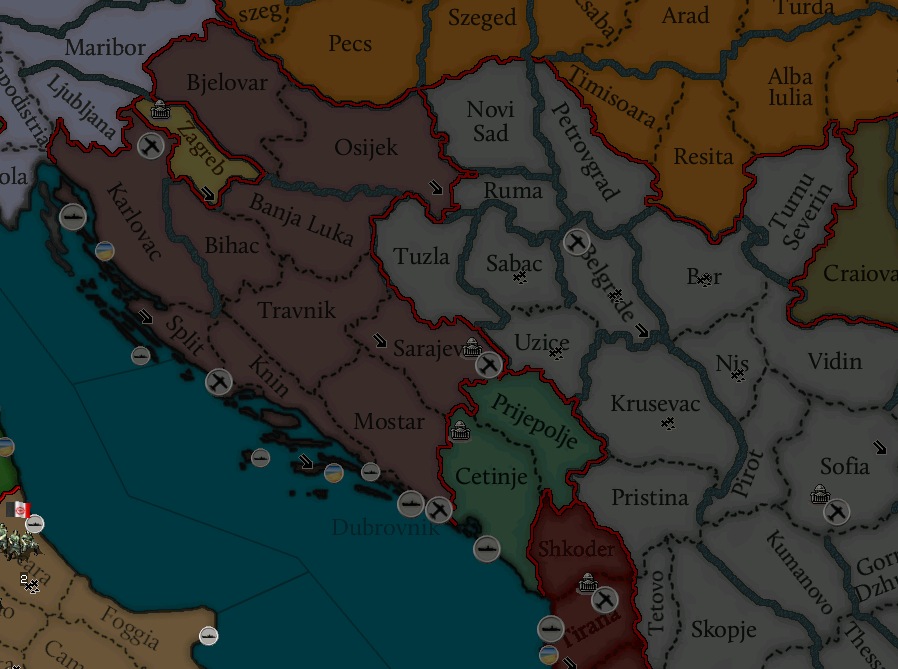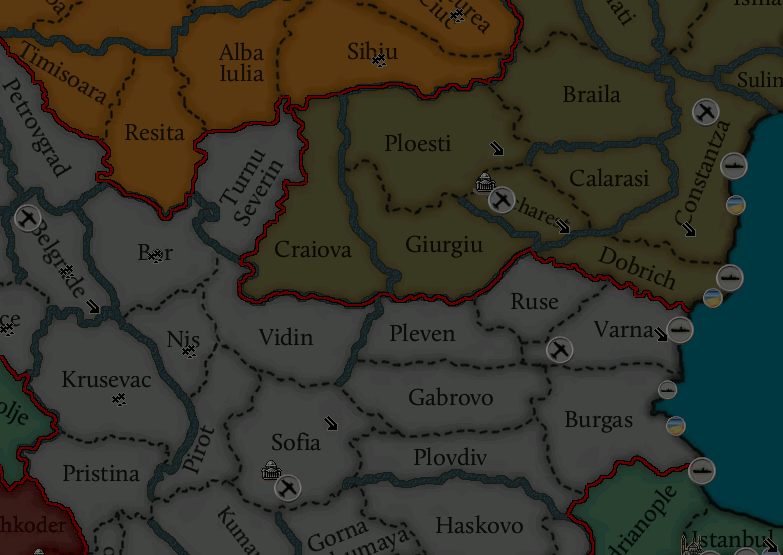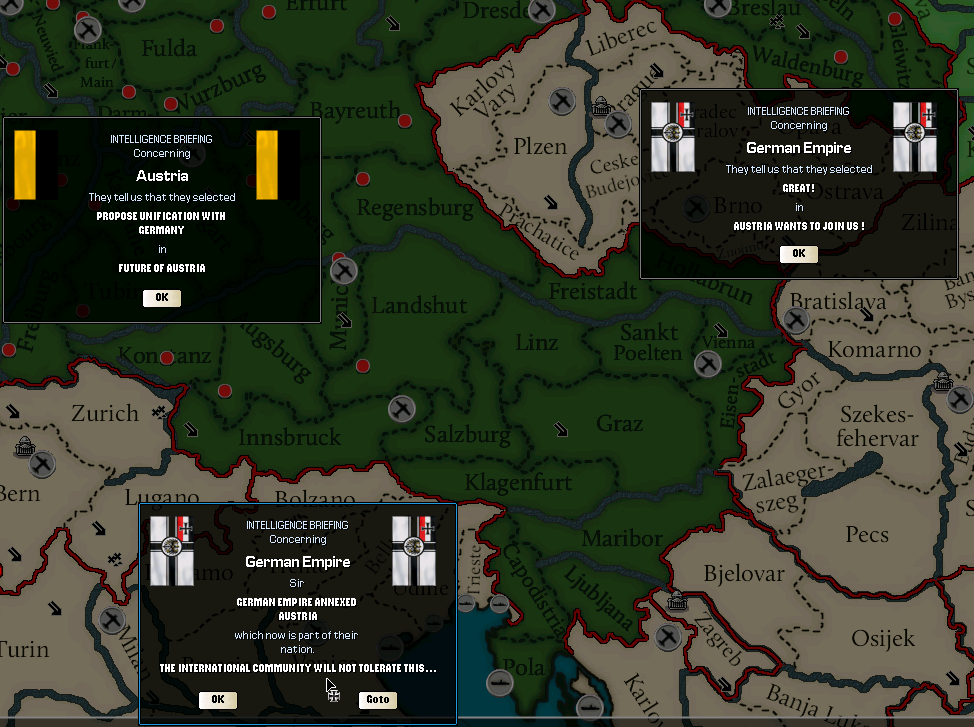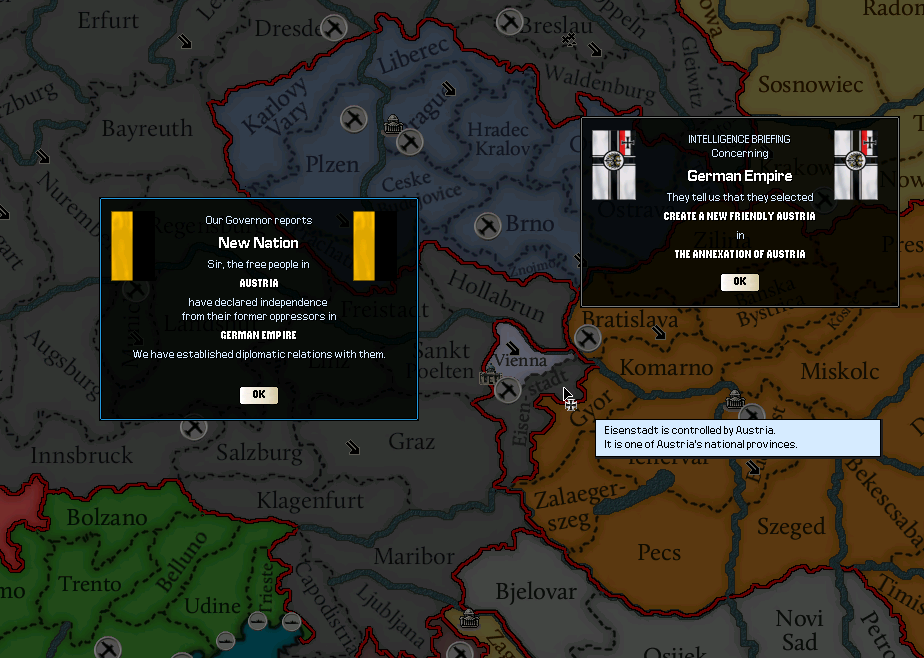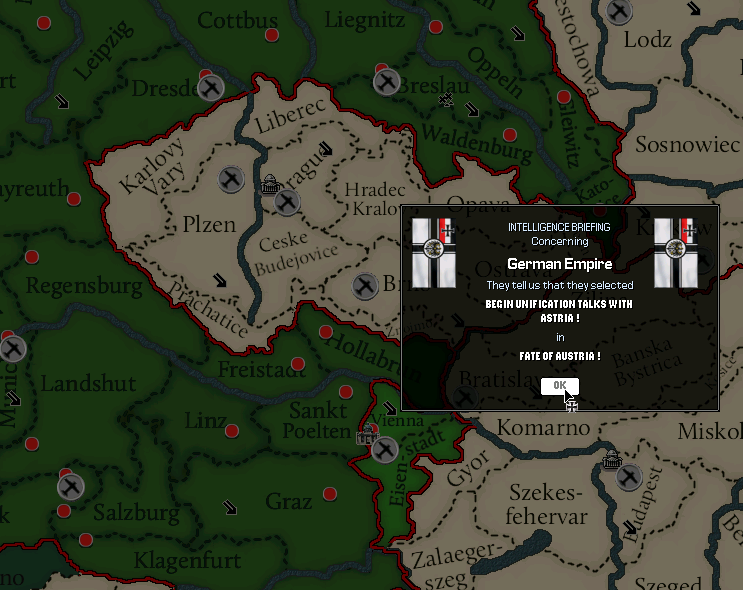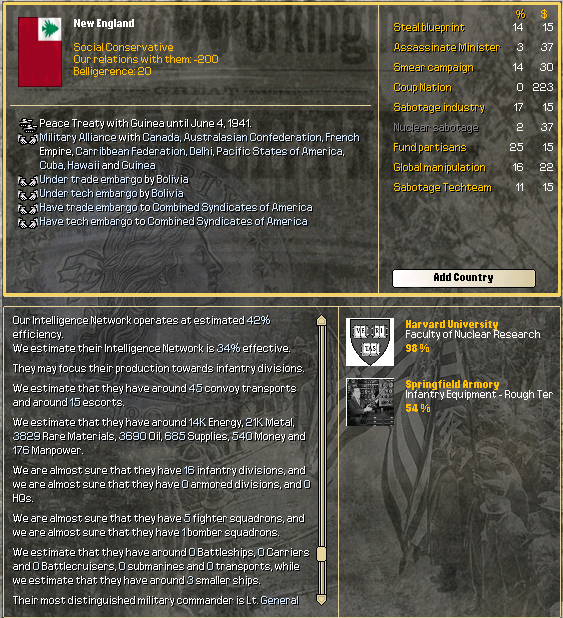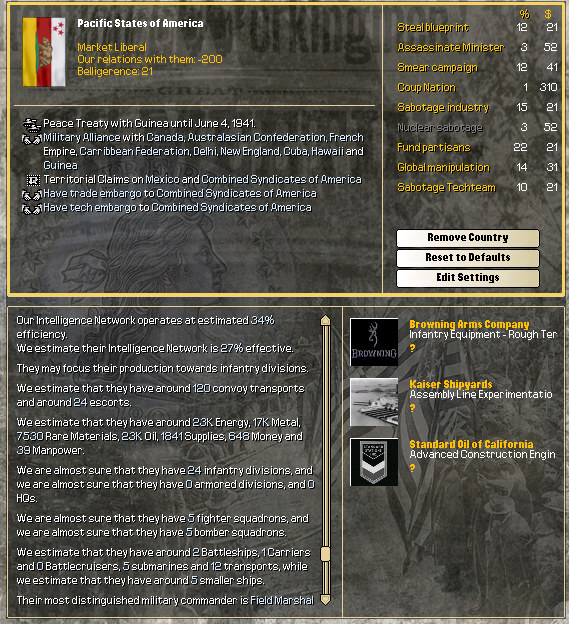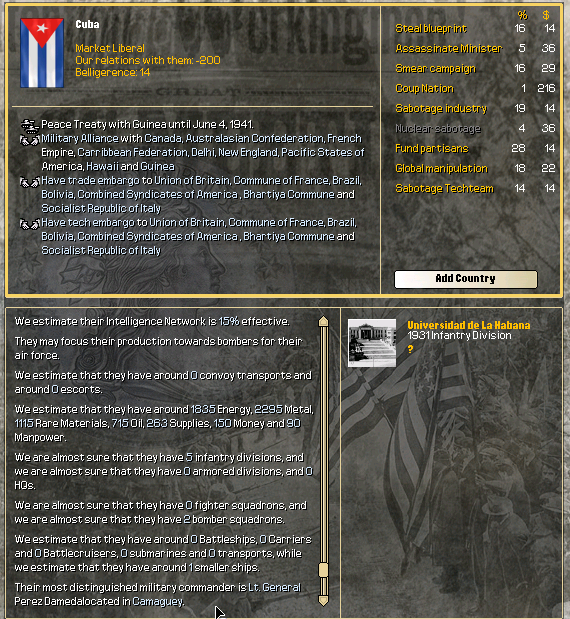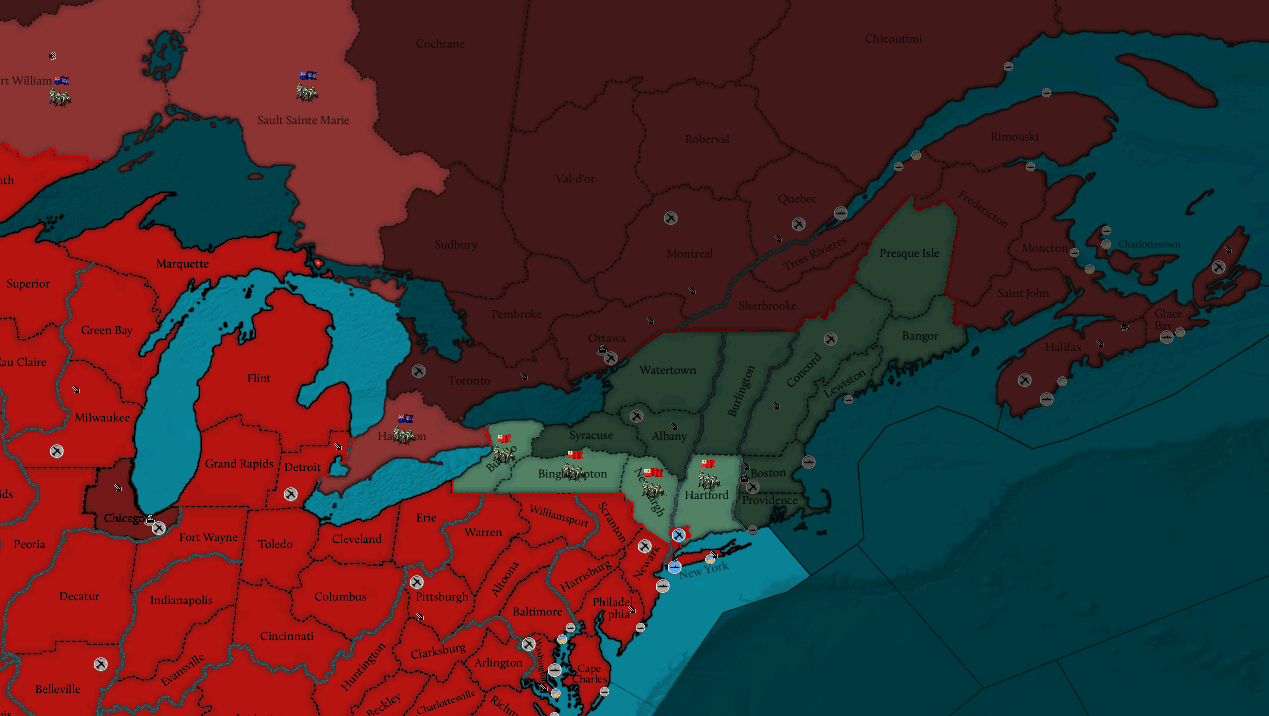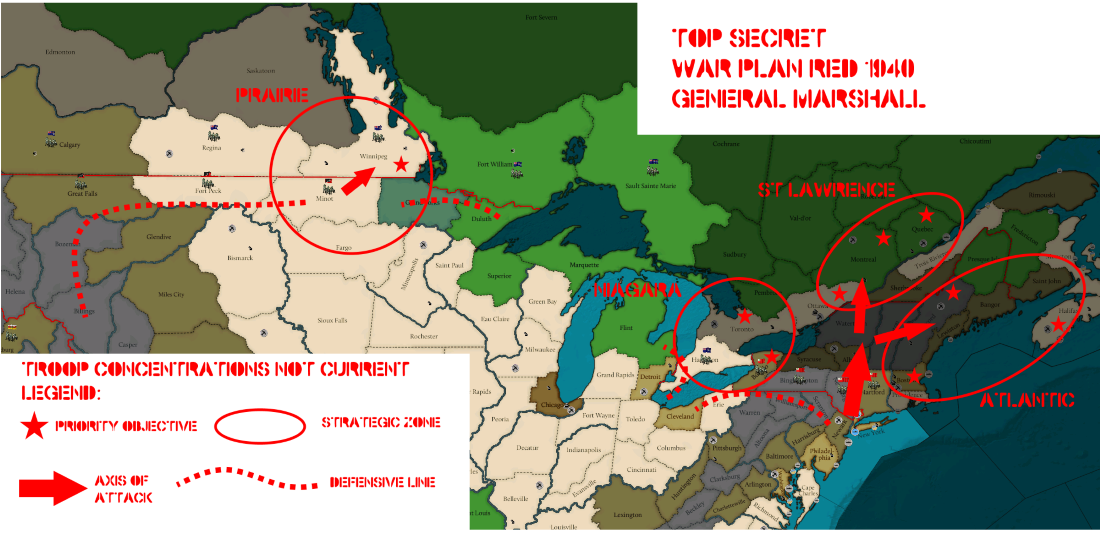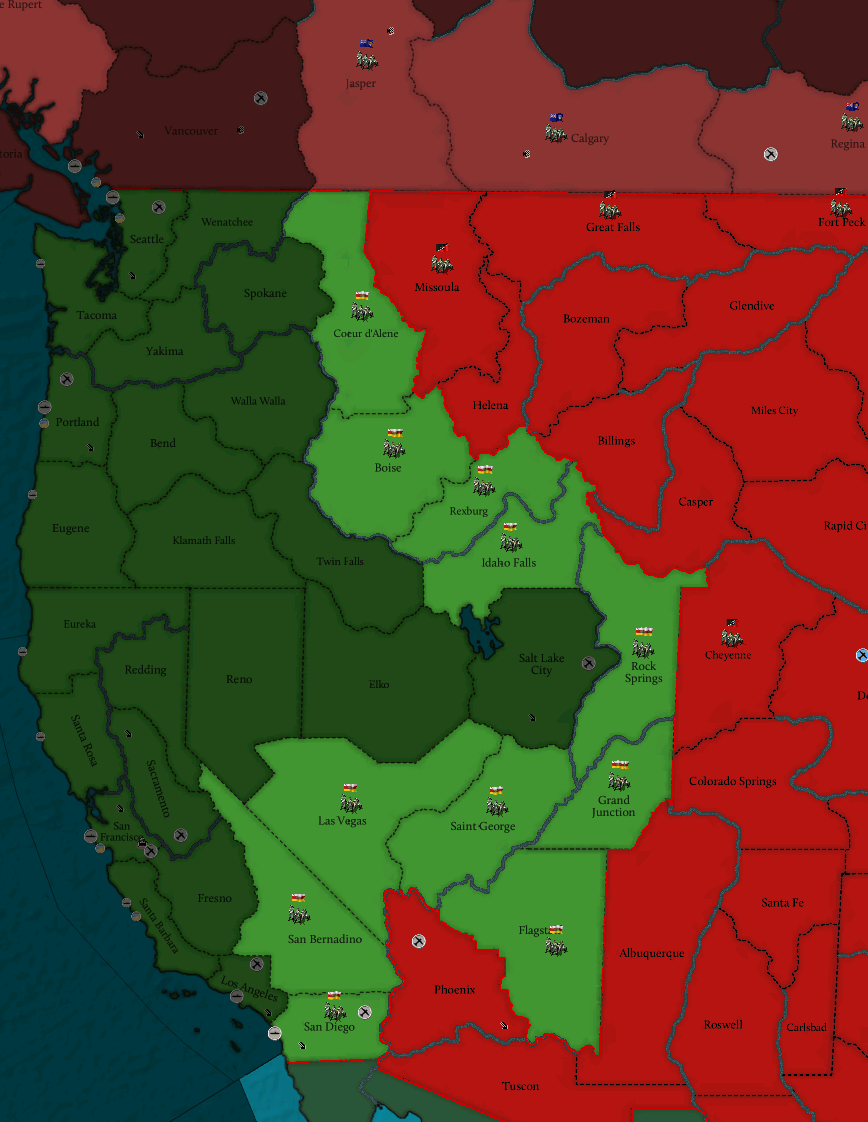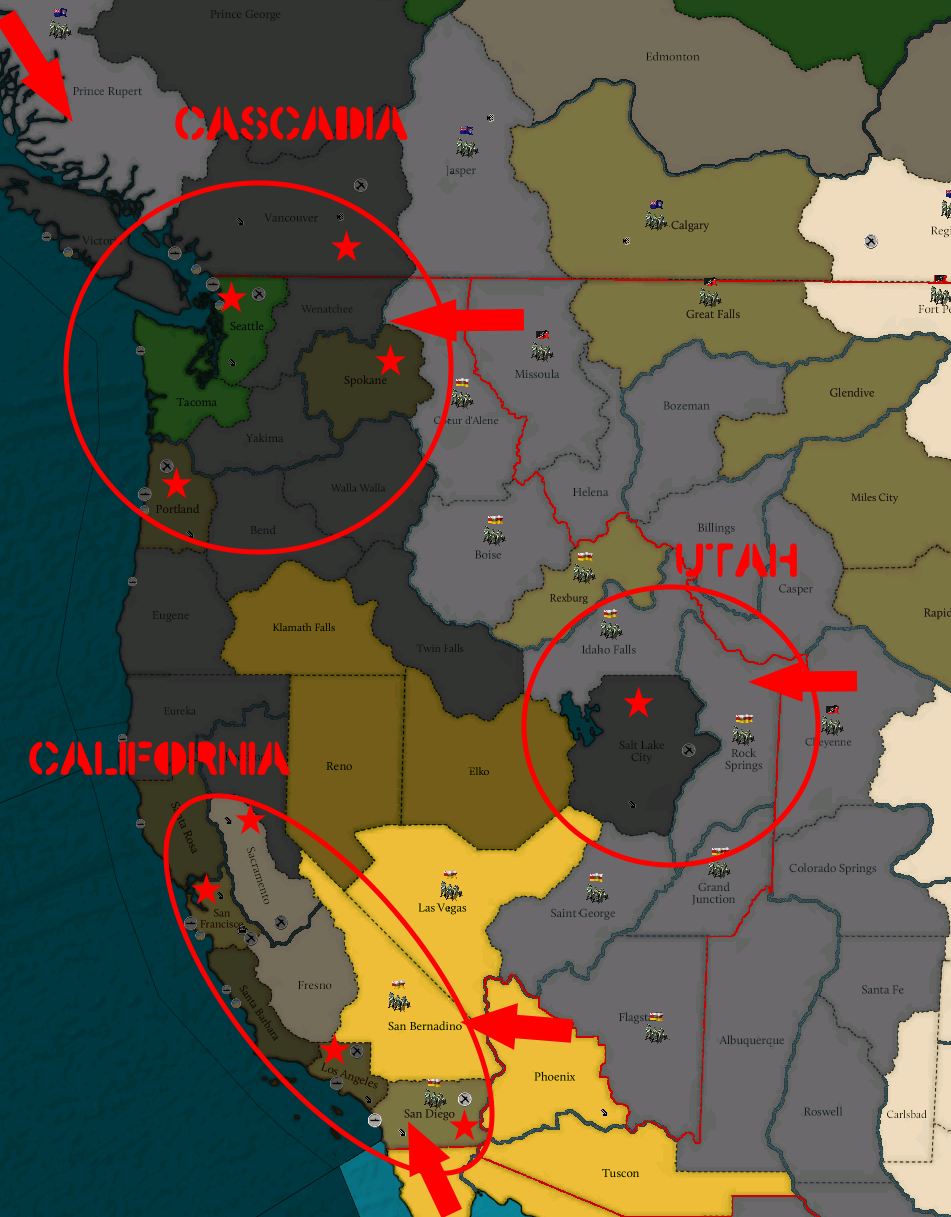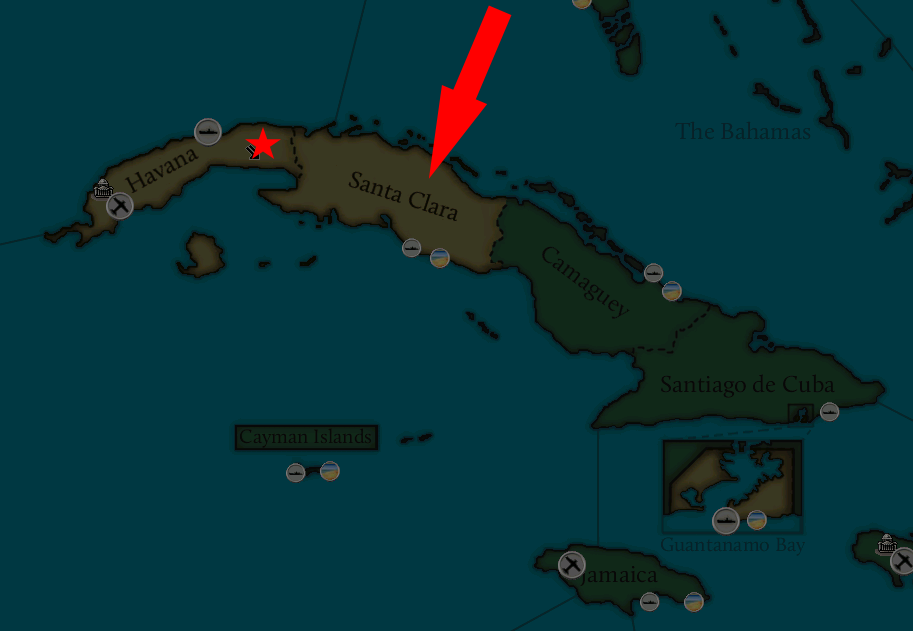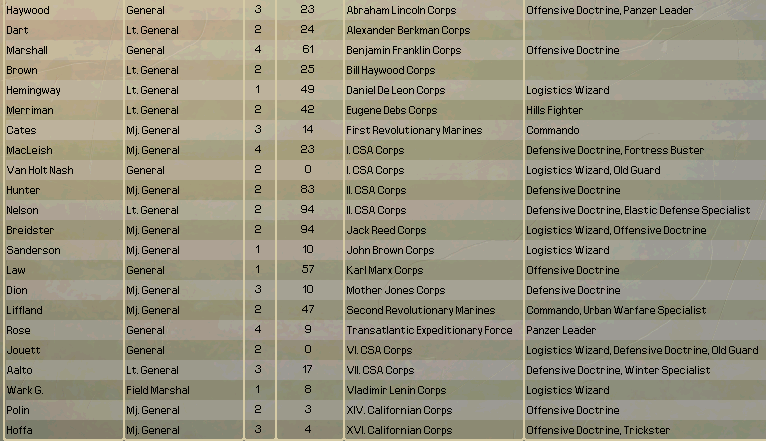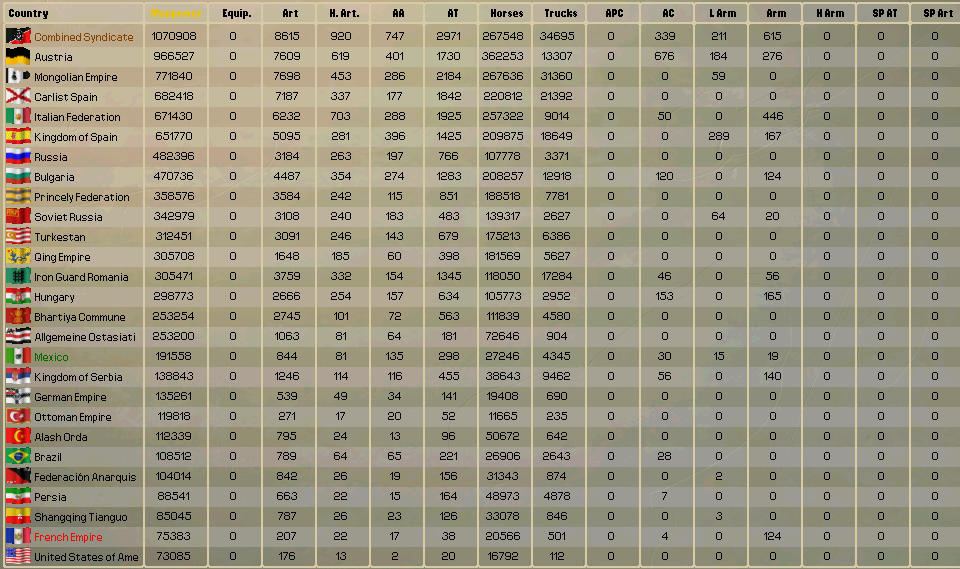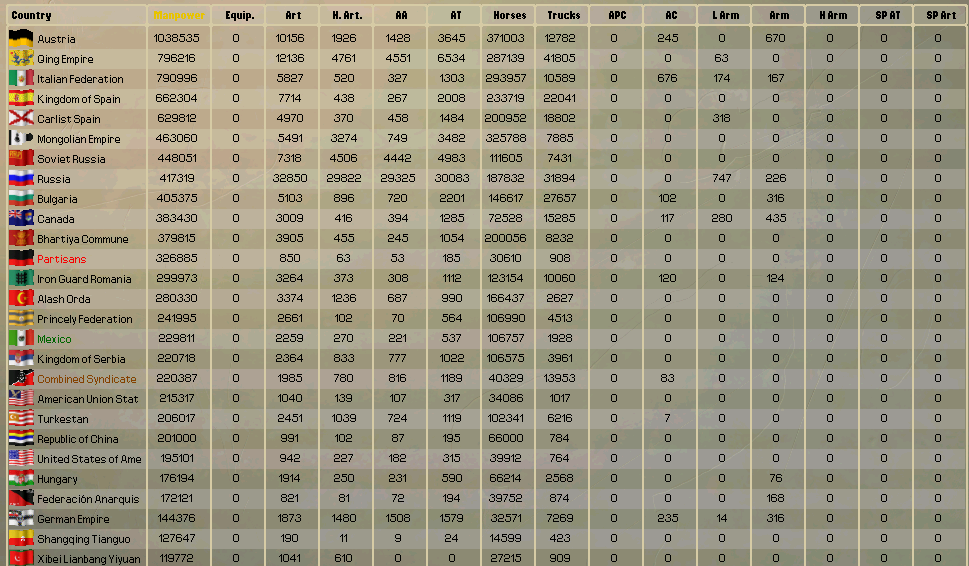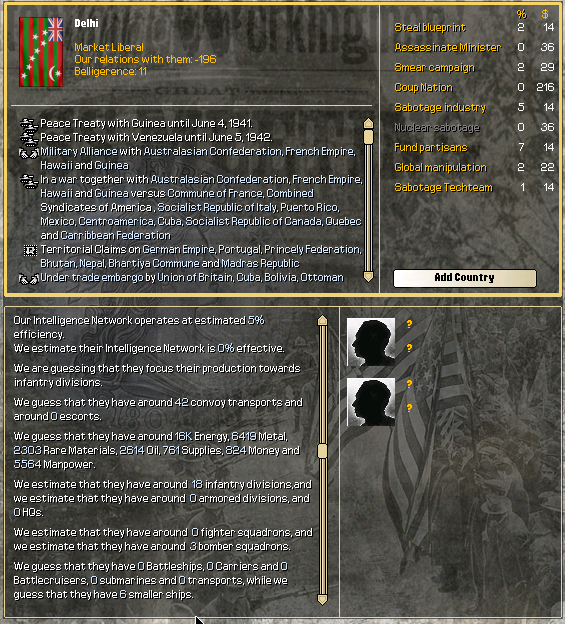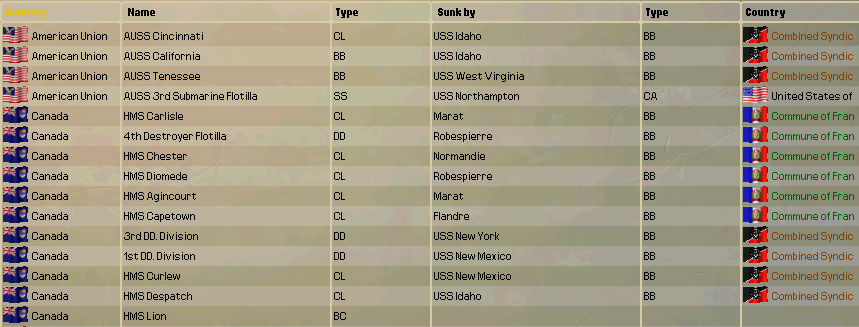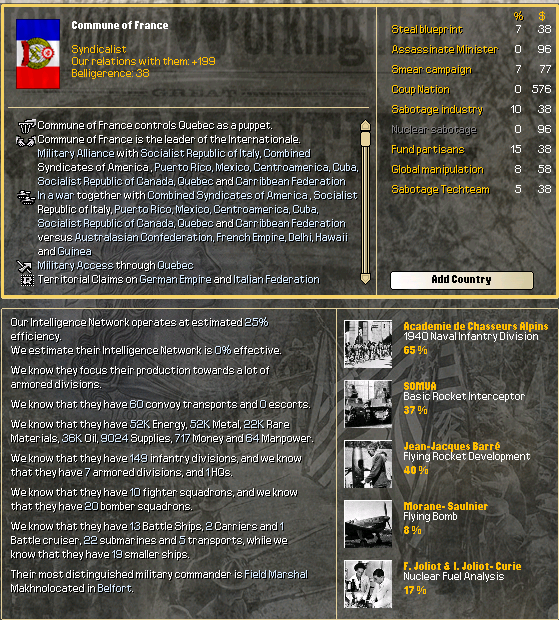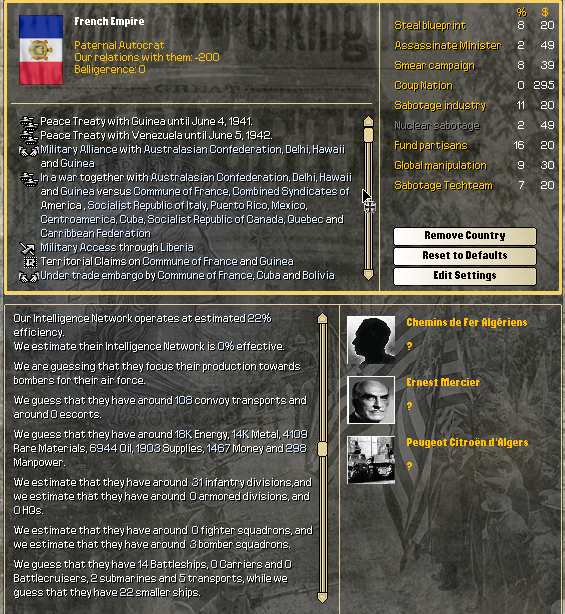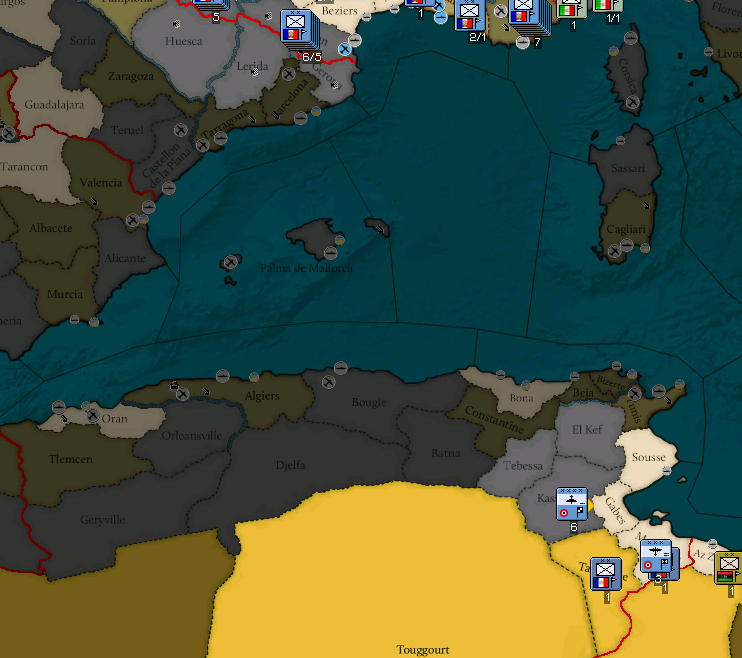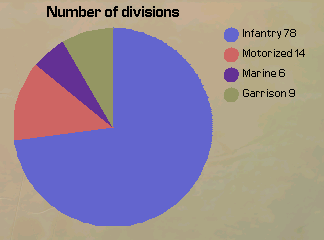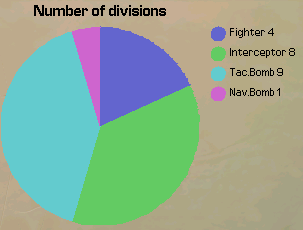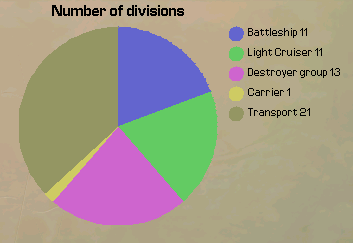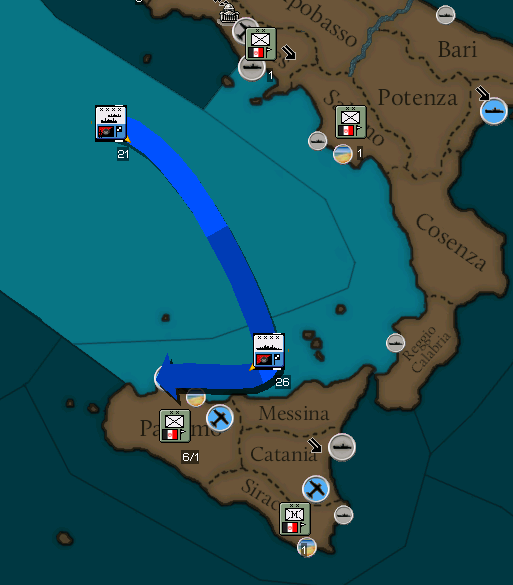Chief Savage Man
Active member

Chapter One: The Early Days of a Better Nation (June-July 1937)
The Atlantic Monthly July 1937
Mr. Kennedy & The Last Fourth of July
Lawrence Garrett

Earlier this month, I had the unique and, I believe, historic experience of attending the annual Fourth of July celebrations in Boston as a guest of Ambassador Joseph Kennedy. Mr. Kennedy was, as you may remember, appointed to the Canadian ambassadorship in one of the last acts of the Washington Congress before it abandoned the former capital to the approaching Benjamin Franklin Corps. Rumors have persisted that Mr. Kennedy himself invited the Canadians to occupy New England. Mr. Kennedy denies this and insists that he was instrumental in regaining the sovereignty of the seven states. Whatever the truth may be, Mr. Kennedy has positioned himself as the broker between the Governors' Council and the Canadian government, which effectively makes him the most powerful man in New England. He personally overruled Mayor Mansfield's decision to cancel the Fourth of July festivities due to the 'temporary situation' in the rest of the country.

This 'temporary situation' has persisted for months and with the surrender of the Denver government to the Combined Syndicates, it appears it will go on indefinitely. The Governors' Council has begun to assume the responsibilities of the federal government, electing Governor Baxter of Maine as an 'emergency executive' and transforming the National Guards into a full-time professional army. Despite the outward appearance of a newly independent nation, Mr. Kennedy insists that the seven states remain faithful constituents of the United States of America.

I am a proud American and I desperately want to believe Mr. Kennedy. It is so comforting to imagine that the nation is not broken. It is so tempting to believe that this all is temporary. It is also impossible. The presence of Prime Minister Bennett at Mr. Kennedy's side belies his hollow optimism.


All New Englanders remember when the Royal Army crossed the border in the chaotic days following the outbreak of war. We all remember the riots when the Royal Army was invited in to suppress the syndicalist riots in Boston and Buffalo this winter. It strikes us all as bizarre that the state of New York no longer contains the city of New York. We have family across the nation who we have been unable to speak to since last autumn. The Yankees have not played in Fenway Park all year. We are all acutely aware of the irony of Royal soldiers guarding a Fourth of July parade. We were all confused when Mr. Kennedy spoke last week about how the average New Englander should be deeply concerned with the fate of the Entente in India. Nobody can escape the feeling that everything normal about our lives as Americans is gone.
I believe in Mr. Kennedy's genuine desire to help New England, I believe that he is doing his utmost to maintain our American way of life in the face of syndicalist revolution and imperial machinations. But I cannot believe him when he says that the seven states are still part of the United States. Whether I want to believe it or not, the United States are no more and they very possibly may never be again.

Ever since the red and black was raised above the Capitol last winter, New England's spirits seem deflated. The Canadians were supposed to ensure temporary order in New England while the United States Army reestablished control over the rest of the nation. The Canadians have not left and the United States Army no longer exists, its units either subsumed into the Syndicate Guards, the Pacific Army or the Royal Army. Nothing has worked itself out the way we hoped it would.
A vast expanse of the nation lies under the control of the Combined Syndicates. Former Congressman Brewster from Maine describes them as a 'hopeless Godless rabble', which any logical person can see is untrue. Like the Confederacy would have been if they had bested the Union, they are a new and legitimate state and they will not relinquish what they won without a fight. The 'criminals and traitors', as Congressman Brewster called Reed's government, are establishing themselves more and more with every day that goes by.

Not only are they establishing a new government, they are establishing a new society. The recently announced agricultural reforms signal just how ambitious Reed and Mattick are in their vision for American society. Tenant farming has been immediately and completely abolished and the land turned over to sharecroppers. New local councils of farmers will manage production and cooperation like in the industrial model used across the Internationale and in France in particular. This conflict is not merely a matter of policy, not even an important policy like the legality of slavery, but rather a matter of two utterly incompatible ideologies and ways of life. Contrary to popular belief, we have not been spared the horrors of civil conflict that we saw across the cities of the South and Midwest. They have merely been delayed.

The Pacific States of America have taken on a more pragmatic attitude. The Pacific States have legally seceded and no longer consider themselves to be part of any United States. President Merriam and Speaker Olson are indeed embroiled in a contentious debate over economic policy, a far cry from the appearance of unity that the New England governors have put forth. Still though, an important point can be discerned from the fierce rhetoric of those two men, with Merriam putting down Olson as 'Reed's western deputy' and Olson making dire predictions that Seattle and San Francisco will look like New York and Philadelphia unless his wide ranging 'New Deal' of economic stimulus measures is passed by the Senate.

The parties of the Senate in Sacramento may not be able to agree on how best to move forward, but they do at least seem to realize the magnitude of the threat posed by the Reed regime. This sole instance of bipartisanship has demonstrated itself in the expansion of the Pacific Army. The professional core of the army that fought against MacArthur's men during the civil war has been supplemented with conscripts, trained in the use of imported Japanese arms.


The Pacific States are also prepared for hostilities with the right wing regime in Mexico. Mexico laid claim to most of the Pacific States in their renunciation of the Treaty of Guadalupe Hidalgo and neither side appears willing to negotiate over the continuing standoff in Arizona. Peace has only been maintained at the insistence of the Canadian government, who fears that an Arizona War will provide an opening for the Combined Syndicates to strike at Canada's growing network of North American allies while it is distracted.


If anybody needs any more evidence that the United States is well and truly gone, only look to the newest member of that alliance, Hawaii. The former territory declared its independence after the secession of the Pacific States and the two nations have been developing a close economic bond since. The new nations out west are correctly preparing for an unknown and dangerous future. Perhaps one day, the formerly United States will find a way to reunite under one flag. If New England and the rest of the Entente do not prepare for the inevitable conflict with the syndicalists, that flag will be red and black. We can only hope that Mr. Kennedy and the Governors' Council recognize that.



I was at last year's Fourth of July festivities in Boston as well. It was a raucous and overtly political affair. The Democrats and Republicans were out touting their patriotic qualities, as they always have, especially in an important election year. In addition to that, there were large rallies by both the syndicalists and the America First party celebrating what they thought America truly meant and what America ought to be. It was an intense democratic dialogue between fellow Americans, about as American an occasion as one can think of.
This year's festivities, despite Mr. Kennedy's best efforts, were nothing at all like that. The Democrats and Republicans gave their speeches but very few people seemed to care. The syndicalists who haven't fled to the Bronx were in hiding, afraid to end up arrested. The America First faithful followed their leader to Cuba, to drink away their woes in Havana and to plot with another Canadian ally in Cuba about how they are going to reclaim their former status.
I enjoyed Mr. Kennedy's hospitality and I'll express my gratitude for his invitation here as I did to him in person. I asked Mr. Kennedy if I could expect an invitation to next year's Fourth of July party.
"Sure, if there is one." he said, with a sullen look on his face. He clearly picked up on the dejected atmosphere around his pep rally. The Pacific States have already adopted November 12th as their new Independence Day. Reed proclaimed that November 11th will be 'Revolution Day' across the Combined Syndicates. Here in New England we only have a day of bitter irony, a celebration of freedom from the British King, celebrated under the watchful eye of George's descendant.
I mentioned that I found the experience historic because it is my sincere belief that I will never live to see another Fourth of July celebration. The great democratic experiment of our founding fathers has failed after one hundred and sixty years and it is impossible to imagine that it could be restarted without more violence. In fact, it seems ever more likely that bloodshed will be required to defend even this small corner of what once was. Whatever happens, if we survive or not, the character of New England and the rest of the United States will be irrevocably altered. The history of the founding fathers can no longer help us. And so the Fourth of July must become just another day.
Mr. Kennedy & The Last Fourth of July
Lawrence Garrett

Earlier this month, I had the unique and, I believe, historic experience of attending the annual Fourth of July celebrations in Boston as a guest of Ambassador Joseph Kennedy. Mr. Kennedy was, as you may remember, appointed to the Canadian ambassadorship in one of the last acts of the Washington Congress before it abandoned the former capital to the approaching Benjamin Franklin Corps. Rumors have persisted that Mr. Kennedy himself invited the Canadians to occupy New England. Mr. Kennedy denies this and insists that he was instrumental in regaining the sovereignty of the seven states. Whatever the truth may be, Mr. Kennedy has positioned himself as the broker between the Governors' Council and the Canadian government, which effectively makes him the most powerful man in New England. He personally overruled Mayor Mansfield's decision to cancel the Fourth of July festivities due to the 'temporary situation' in the rest of the country.

This 'temporary situation' has persisted for months and with the surrender of the Denver government to the Combined Syndicates, it appears it will go on indefinitely. The Governors' Council has begun to assume the responsibilities of the federal government, electing Governor Baxter of Maine as an 'emergency executive' and transforming the National Guards into a full-time professional army. Despite the outward appearance of a newly independent nation, Mr. Kennedy insists that the seven states remain faithful constituents of the United States of America.

I am a proud American and I desperately want to believe Mr. Kennedy. It is so comforting to imagine that the nation is not broken. It is so tempting to believe that this all is temporary. It is also impossible. The presence of Prime Minister Bennett at Mr. Kennedy's side belies his hollow optimism.


All New Englanders remember when the Royal Army crossed the border in the chaotic days following the outbreak of war. We all remember the riots when the Royal Army was invited in to suppress the syndicalist riots in Boston and Buffalo this winter. It strikes us all as bizarre that the state of New York no longer contains the city of New York. We have family across the nation who we have been unable to speak to since last autumn. The Yankees have not played in Fenway Park all year. We are all acutely aware of the irony of Royal soldiers guarding a Fourth of July parade. We were all confused when Mr. Kennedy spoke last week about how the average New Englander should be deeply concerned with the fate of the Entente in India. Nobody can escape the feeling that everything normal about our lives as Americans is gone.
I believe in Mr. Kennedy's genuine desire to help New England, I believe that he is doing his utmost to maintain our American way of life in the face of syndicalist revolution and imperial machinations. But I cannot believe him when he says that the seven states are still part of the United States. Whether I want to believe it or not, the United States are no more and they very possibly may never be again.

Ever since the red and black was raised above the Capitol last winter, New England's spirits seem deflated. The Canadians were supposed to ensure temporary order in New England while the United States Army reestablished control over the rest of the nation. The Canadians have not left and the United States Army no longer exists, its units either subsumed into the Syndicate Guards, the Pacific Army or the Royal Army. Nothing has worked itself out the way we hoped it would.
A vast expanse of the nation lies under the control of the Combined Syndicates. Former Congressman Brewster from Maine describes them as a 'hopeless Godless rabble', which any logical person can see is untrue. Like the Confederacy would have been if they had bested the Union, they are a new and legitimate state and they will not relinquish what they won without a fight. The 'criminals and traitors', as Congressman Brewster called Reed's government, are establishing themselves more and more with every day that goes by.

Not only are they establishing a new government, they are establishing a new society. The recently announced agricultural reforms signal just how ambitious Reed and Mattick are in their vision for American society. Tenant farming has been immediately and completely abolished and the land turned over to sharecroppers. New local councils of farmers will manage production and cooperation like in the industrial model used across the Internationale and in France in particular. This conflict is not merely a matter of policy, not even an important policy like the legality of slavery, but rather a matter of two utterly incompatible ideologies and ways of life. Contrary to popular belief, we have not been spared the horrors of civil conflict that we saw across the cities of the South and Midwest. They have merely been delayed.

The Pacific States of America have taken on a more pragmatic attitude. The Pacific States have legally seceded and no longer consider themselves to be part of any United States. President Merriam and Speaker Olson are indeed embroiled in a contentious debate over economic policy, a far cry from the appearance of unity that the New England governors have put forth. Still though, an important point can be discerned from the fierce rhetoric of those two men, with Merriam putting down Olson as 'Reed's western deputy' and Olson making dire predictions that Seattle and San Francisco will look like New York and Philadelphia unless his wide ranging 'New Deal' of economic stimulus measures is passed by the Senate.

The parties of the Senate in Sacramento may not be able to agree on how best to move forward, but they do at least seem to realize the magnitude of the threat posed by the Reed regime. This sole instance of bipartisanship has demonstrated itself in the expansion of the Pacific Army. The professional core of the army that fought against MacArthur's men during the civil war has been supplemented with conscripts, trained in the use of imported Japanese arms.


The Pacific States are also prepared for hostilities with the right wing regime in Mexico. Mexico laid claim to most of the Pacific States in their renunciation of the Treaty of Guadalupe Hidalgo and neither side appears willing to negotiate over the continuing standoff in Arizona. Peace has only been maintained at the insistence of the Canadian government, who fears that an Arizona War will provide an opening for the Combined Syndicates to strike at Canada's growing network of North American allies while it is distracted.


If anybody needs any more evidence that the United States is well and truly gone, only look to the newest member of that alliance, Hawaii. The former territory declared its independence after the secession of the Pacific States and the two nations have been developing a close economic bond since. The new nations out west are correctly preparing for an unknown and dangerous future. Perhaps one day, the formerly United States will find a way to reunite under one flag. If New England and the rest of the Entente do not prepare for the inevitable conflict with the syndicalists, that flag will be red and black. We can only hope that Mr. Kennedy and the Governors' Council recognize that.



I was at last year's Fourth of July festivities in Boston as well. It was a raucous and overtly political affair. The Democrats and Republicans were out touting their patriotic qualities, as they always have, especially in an important election year. In addition to that, there were large rallies by both the syndicalists and the America First party celebrating what they thought America truly meant and what America ought to be. It was an intense democratic dialogue between fellow Americans, about as American an occasion as one can think of.
This year's festivities, despite Mr. Kennedy's best efforts, were nothing at all like that. The Democrats and Republicans gave their speeches but very few people seemed to care. The syndicalists who haven't fled to the Bronx were in hiding, afraid to end up arrested. The America First faithful followed their leader to Cuba, to drink away their woes in Havana and to plot with another Canadian ally in Cuba about how they are going to reclaim their former status.
I enjoyed Mr. Kennedy's hospitality and I'll express my gratitude for his invitation here as I did to him in person. I asked Mr. Kennedy if I could expect an invitation to next year's Fourth of July party.
"Sure, if there is one." he said, with a sullen look on his face. He clearly picked up on the dejected atmosphere around his pep rally. The Pacific States have already adopted November 12th as their new Independence Day. Reed proclaimed that November 11th will be 'Revolution Day' across the Combined Syndicates. Here in New England we only have a day of bitter irony, a celebration of freedom from the British King, celebrated under the watchful eye of George's descendant.
I mentioned that I found the experience historic because it is my sincere belief that I will never live to see another Fourth of July celebration. The great democratic experiment of our founding fathers has failed after one hundred and sixty years and it is impossible to imagine that it could be restarted without more violence. In fact, it seems ever more likely that bloodshed will be required to defend even this small corner of what once was. Whatever happens, if we survive or not, the character of New England and the rest of the United States will be irrevocably altered. The history of the founding fathers can no longer help us. And so the Fourth of July must become just another day.










































































